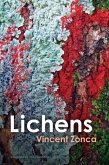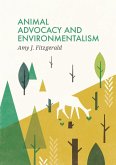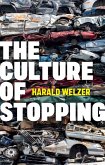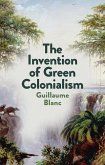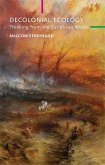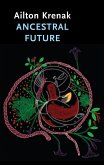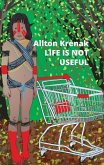Dieser Download kann aus rechtlichen Gründen nur mit Rechnungsadresse in A, B, BG, CY, CZ, D, DK, EW, E, FIN, F, GR, HR, H, IRL, I, LT, L, LR, M, NL, PL, P, R, S, SLO, SK ausgeliefert werden.
Slavoj Zizek
"This book is perhaps the first of a long series: a Bildungsroman, except that it is not about a self that adjusts to the social world, but about a self that no longer knows what to do with a natural world that exhausts it. Hence the hybrid genre of affects and theories."
Bruno Latour
"How to recover the self in and after the Anthropocene - this remarkable little book will work like an inspiring manual for those contemplating that task."
Dipesh Chakrabarty
"Nikolaj Schultz has given us a movingly rendered meditation on the moral dead ends we encounter as we attempt to navigate our way through the disorienting world of the Anthropocene. A unique and often tormented blend of personal struggle and ecological commentary that leaves the reader in a state of beautiful dread."
Clive Hamilton
"In beautiful prose that makes everyday moments seem profound, Schultz describes his life as a series of climate-related decisions... an ecological essay that raises important questions about what it means to live in a time of growing catastrophe."
Foreword Reviews (starred review)
"Nikolaj Schultz's Land Sickness chronicles his semi-fictionalised travelogue of his experience of climate change. He brilliantly meditates on the inescapability of the Anthropocene, the intimacy of the experience of climate breakdown, and planetary interconnection. Land Sickness is an urgent book about the many facets of our understanding of and interaction with our environment. As the late Bruno Latour told me: It is important to read Nikolaj Schultz."
Hans Ulrich Obrist
"Nikolaj Schultz is the coming star of sociology"
Die Zeit



